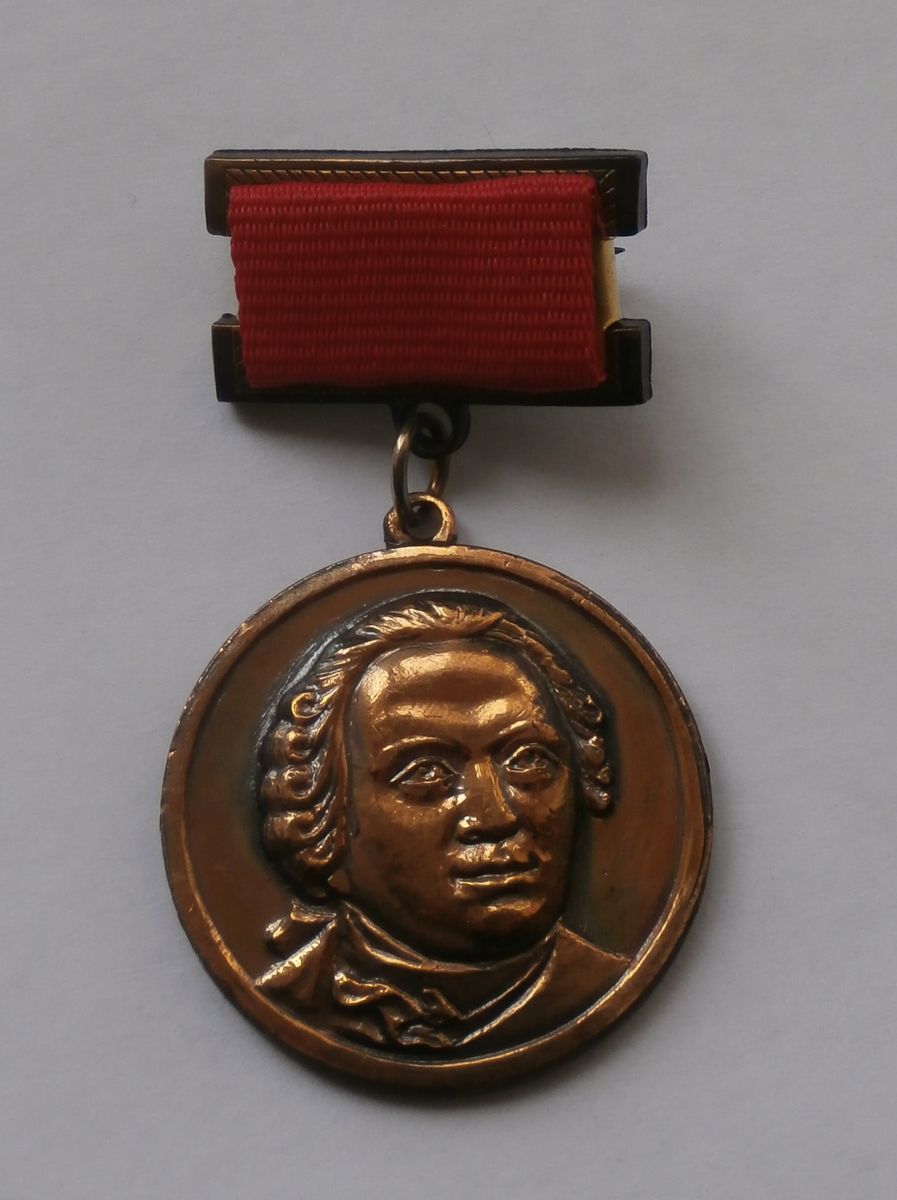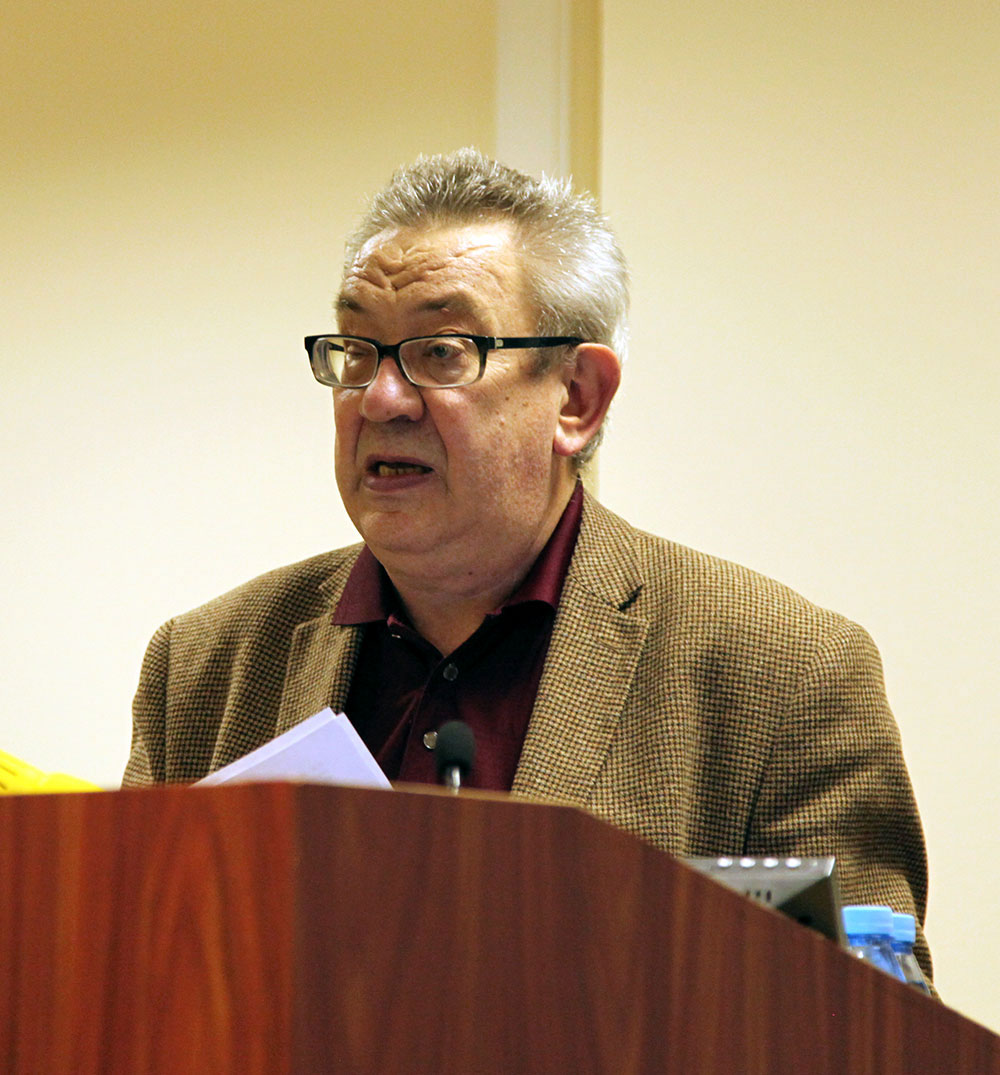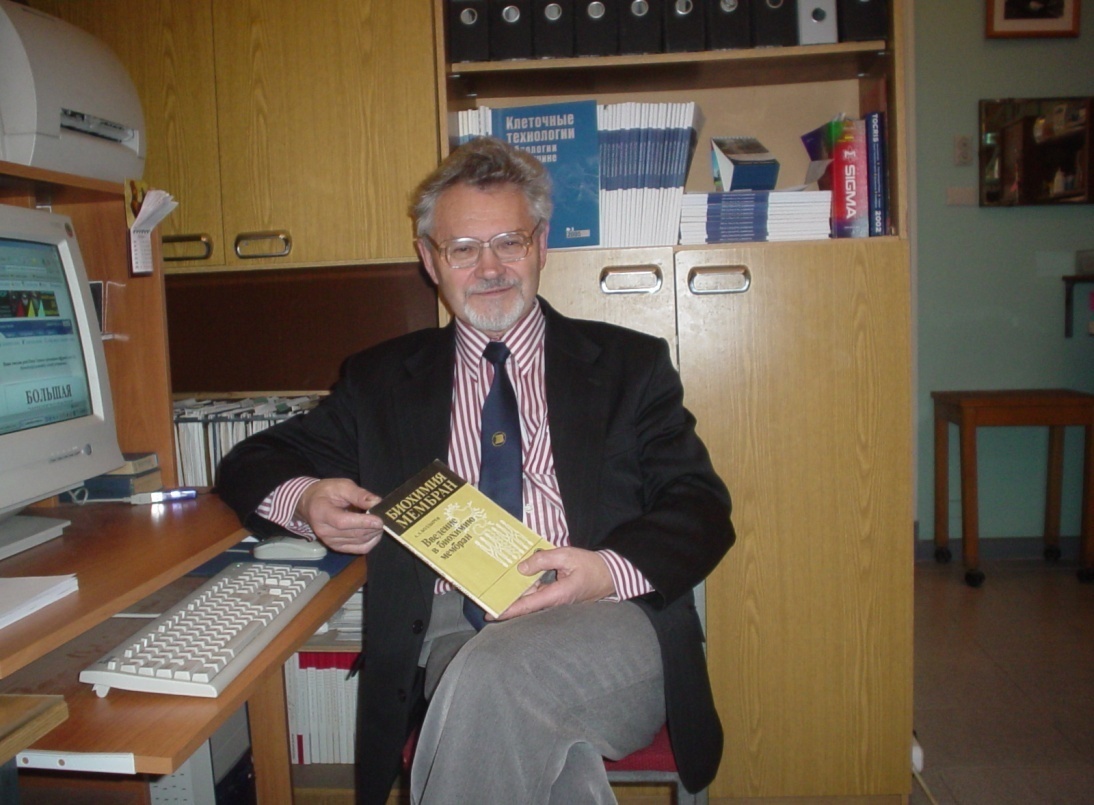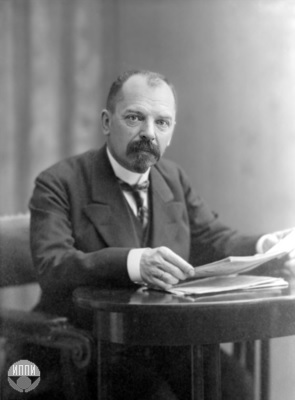Lomonosov Scholar Award
|
First-Order Prize:
MIKHAIL MASLIN (Faculty of Philosophy)
|
|
|
Professor Maslin was the key contributor and the curator of an encyclopaedia of Russian historical and philosophical thoughts «Russian Philosophy». The project team, led by Mikhail Maslin invited several dozens of Russian and foreign scholars. Over 900 articles of the encyclopaedia provide the over-arching description of Russian philosophy as an academic discipline, as well present its major research fields, the most prominent works since the 11th century up to the present day, and the most outstanding scholars from M.V. Lomonosov, to I.V. Kireevsky, A.I. Herzen, K.N. Leontyev, N.P. Ogarev, D.I. Pisarev, V.S. Solovyev, N.A. Berdyaev, G.P. Fedotov, I.A. Ilyin, G.V. Florovsky, M.M. Bakhtin, A.S. Panarin. Moreover, the encyclopedia is intended to provide an overview on foreign literature about Russian philosophy, which has long been presented fragmentally and unsystematically. The project is unique as the ideas of Russian philosophers are looked at from different angles. Numerous directions – both religious and non-religious – are shown as a successive, ongoing process, as a polyphonic dialogue of ideas and the complex of philosophical directions sharing the same historical and civilisational background, rather than as a manifold amalgamation of opinions. Such an approach is innovative, since it is incompatible with the monological ‘class approach’ and the ‘party principle’ that used to be actively planted previously. The encyclopaedia was translated into Serbian (2009) and French (2010). |
|
|
Sci-spots
In 2009 Lomonosov Scholar Award was given to Alexander Boldirev for his cycle of works “Protecting the brain from oxidative stress in human neurodegenerative diseases”.
Since time immemorial the presumable causes of neurodegenerative diseases have been one of the major concerns of science. At last, in the 20th century, following decades of basic research, the veil has been lifted. It turned out that oxidative stress, which occurs in internal organs and tissues as a result of age-related and neurodegenerative changes, lies at the root of quite a number of human diseases and triggers dozens of human disorders. Thus, the quest for the ways to cope with the detrimental phenomenon began.
The first step to take was to examine molecular mechanisms of the process in order to create certain approaches to prevent the disease and the treatment of many contemporary diseases, such as a stroke. Investigations along these lines were carried out by the professors of Moscow University Vladimir Gulevich and his student Sergey Severin. Interestingly, Severin also was the one to be recognized by Lomonosov Scholar Award in 1984. Their study turned out to be a great success: neuropeptides, belonging to the carnosine family, were discovered. The finding, very important in itself, was appreciated even higher later, as further investigations revealed several antioxidant properties of carnosine and its derivatives. It seemed to be an ideal weapon against oxidative stress.
First a laboratory and later a new department of biochemistry was established at Moscow University giving opportunity to develop and widened this research topic.
The achievements of the chemists are continued in the cycle of works by A. Boldyrev. They describe how carnosine works at the molecular lever and prove its defensive effect on the brain and myocard in case of ischemia.
Due to a growing interest to the discovered component, another series of investigations were carried out. This time experimental models of the animal brain having ischemia injuries were used. The obtained data showed that carnosine is able to hamper the development of a stroke and to promote recollection, behavioral reactions and biochemical metabolic markers. The achieved results seemed to be fairly encouraging and were followed by a preclinical study. On conducting the investigation at this stage, a drug therapy license was received with a commercial name ‘Sevitin’.
The efficiency of the medicine was supported in clinical trials (2004-2008). 85 patients with neurodegenerative disorders and 25 people with obliterating endarteritis were successfully cured in the course of the investigation. What is more, no negative side effects were revealed in applying the natural component in question. Finally, a Russian patent on using carnosine was obtained to treat patients with oxidative metabolism imbalance and now it is used in practice. So, the work of Boldirev finished successfully the line of investigation from a very idea to a product, saving lives and improving life quality.
|

 Mikhail Maslin has won Lomonosov Scholar Award (2017) which celebrates major advances in science of the University’s researchers. Professor Maslin’s project revealed the defining features of the Russian philosophical school of thought throughout the succeeding historical and philosophical periods. His works comprise «Multiformity and Unity of Russian Philosophy», «Russian Philosophy: Unity through Multiformity», and «Philosophy of University and Ecclesiastical Seminary». The multiformity of Russian philosophical thought was demonstrated despite the dramatic changes being introduced in various periods of time. The Russian school of philosophical thought not only unites, but also combines a tremendous variety of interpretations still resulting in the uniformed general picture.
Mikhail Maslin has won Lomonosov Scholar Award (2017) which celebrates major advances in science of the University’s researchers. Professor Maslin’s project revealed the defining features of the Russian philosophical school of thought throughout the succeeding historical and philosophical periods. His works comprise «Multiformity and Unity of Russian Philosophy», «Russian Philosophy: Unity through Multiformity», and «Philosophy of University and Ecclesiastical Seminary». The multiformity of Russian philosophical thought was demonstrated despite the dramatic changes being introduced in various periods of time. The Russian school of philosophical thought not only unites, but also combines a tremendous variety of interpretations still resulting in the uniformed general picture.
.jpeg)

